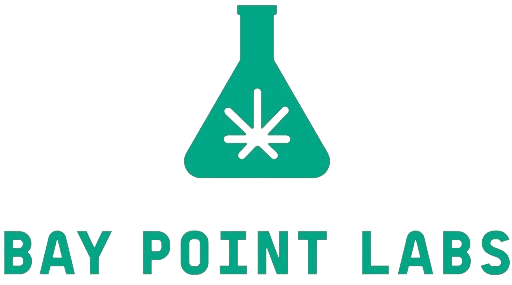Microbiological Testing
The microbiological test is crucial for all parties involved, particularly consumers, as it determines the presence or absence of dangerous bacteria in cannabis samples. Bacteria such as E. coli pose significant health risks, including gastrointestinal issues, respiratory difficulties, fever, weakness, and chills. These complications can be especially harmful to vulnerable populations, such as the elderly or individuals with compromised immune systems.
The test is conducted using polymerase chain reaction (PCR), which amplifies DNA segments of the bacteria, labels them with a fluorescent dye, and reads them via a fluorescent signal detected by specialized equipment. Specifically targeting selected DNA sequences, any presence of these pathogens in the sample is indicated by a fluorescent signal, allowing for precise quantification of bacterial contamination.
Compliance
According to the Department of Cannabis Control (DCC) regulations, inhalable cannabis and cannabis products must not have any detection of Shiga toxin-producing Escherichia coli, Salmonella spp., or pathogenic Aspergillus species (A. fumigatus, A. flavus, A. niger, and A. terreus) in 1 gram of sample to pass the test. For non-inhalable cannabis and cannabis products, no detection of Shiga-toxin-producing Escherichia coli or Salmonella spp. can be found in 1 gram of sample. If the sample fails microbial impurity testing, the batch from which the sample was collected fails microbial impurity testing and cannot be released for retail sale.

